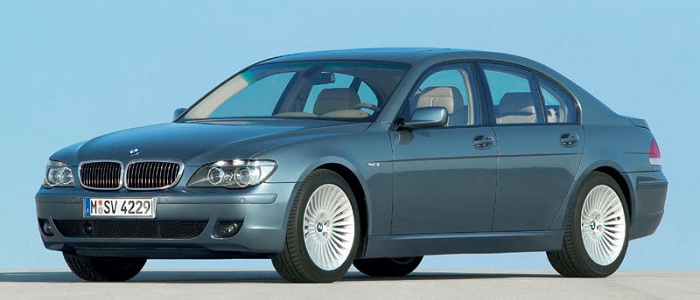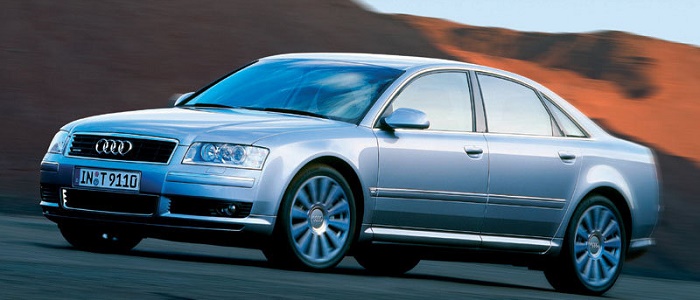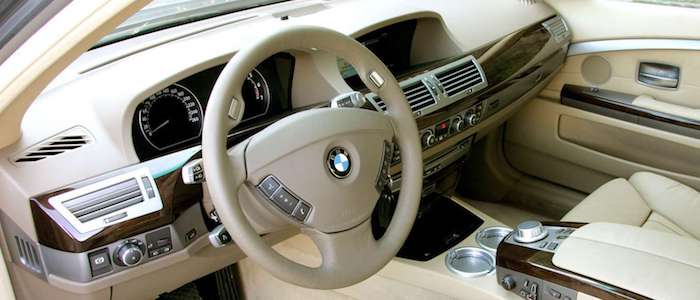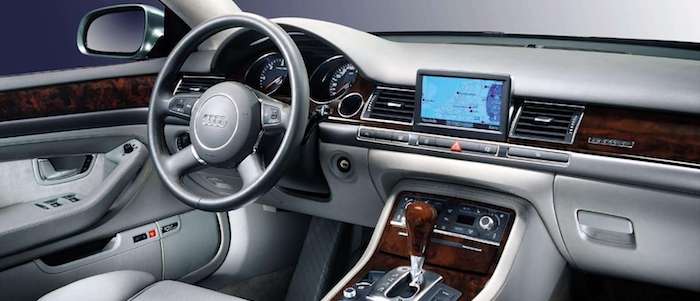Compare two cars
Compare any two cars and get our Virtual Adviser™ opinion
Dimensons & Outlines
Check vehicle history
Engine
Performance (manual gearbox)
Performance (automatic gearbox)
Expenses
Virtual Adviser's™ opinion
Two significantly similar cars, no doubt about that. Still, each one has something different to offer. Having both cars powered by diesel engines and utilizing the 4-door sedan body style within the same 'Executive car' segment, the only major difference here really is their wheel drive configuration (rear for the BMW and 4 x 4 in the case of the Audi). The first one has a BMW-engineered powertrain under the hood, a 6-cylinder, 24-valves 231hp unit, while the other one gets its power and torque from a 6-cylinder, 24-valves 233hp engine designed by Audi.
SafetyUnfortunatelly, neither of the two vehicles was submitted to the European New Car Assessment Programme (Euro NCAP) testing. This makes it virtually impossible for me to pick one over the other and I'm generally against buying such cars as the safety should really always come first. That aside, let's consider some other aspects which affect safety. Both vehicles belong to the executive car segment, which is generally a fortune safety-wise, still it doesn't help us solve our dilemma, does it? Furthermore, if we'd like to consider vehicle mass in this context too, which we definitely should, 7 Series offers a marginal difference of 2% more metal.
ReliabilityReliability is not the best thing to consider on the make level, but it is worth mentioning that both brands display similar results in faults and breakdowns, all the models observed together. That's the official data, while our visitors describe reliability of BMW with an average rating of 4.1, and models under the Audi badge with 4.2 out of 5. The same official information place 7 Series as average reliability-wise, and A8 is more or less at the same level.That apart, owners of different cars powered by the same engine as 7 Series rank it on average as 5.0, while the one under the competitor's bonnet gets 4.6 out of 5.
Performance & Fuel economyBoth of the cars accelerate exactly the same, so we couldn't put one above the other. Car No. 2 is faster though, reaching top speed of 243 kilometers per hour, 5km/h more than the other car. When it comes to fuel economy things look pretty much the same for both cars, averaging around 8.4 liters of fuel per 100 kilometers (34 mpg), in combined cycle.
Verdict
Audi appears just a bit more reliable, although the difference is truly marginal. The most important thing when deciding between any two vehicles should always be safety, both passive and active. In my opinion, everything taken into account, 7 Series offers slightly better overall protection and takes the lead. From there things take a different direction, with Audi offering somewhat better performance, just enough to call it quicker. It does come at a cost though, and that's the fuel consumption... It's really tough to make a final decision here, but if I'd need to, I'd say BMW. Anyway, that's the most objective conclusion I could've came up with and it's based solely on the information found on this website. Aspects such as design, practicality, brand value and driving experience are there for you to measure them out. Also, you could use the oportunity to find out which car, everything taken into account, would be the perfect choice for you in the eyes of the virtual adviser™, among thousands of similar, yet so different vehicles.

































